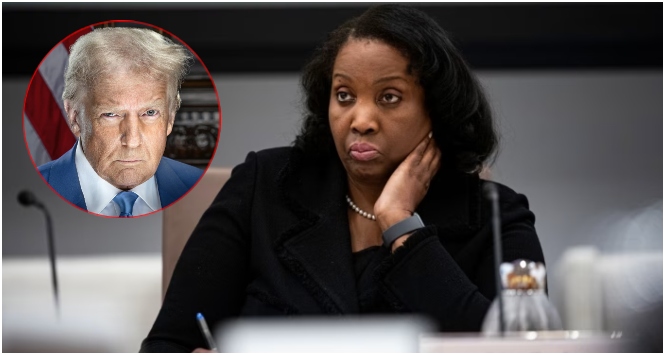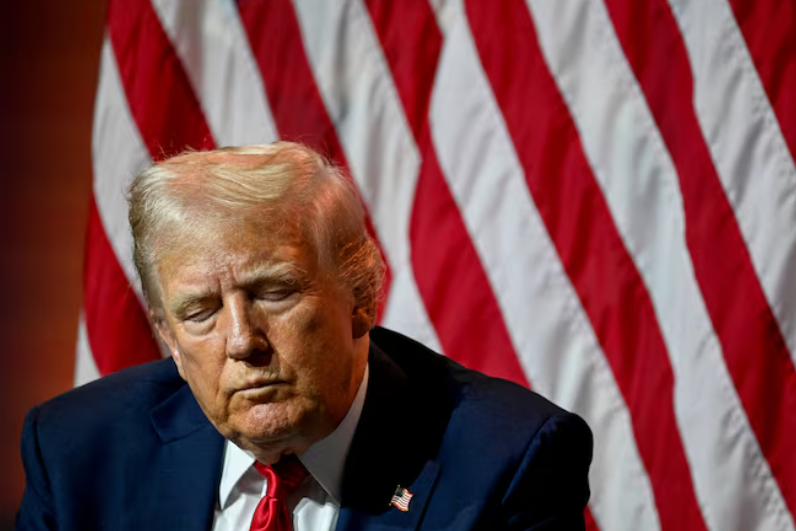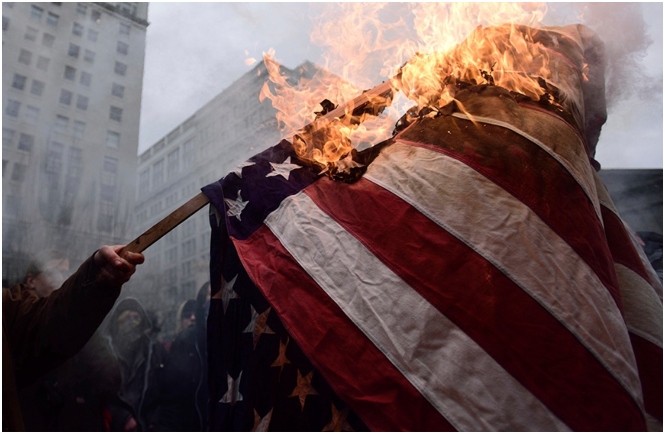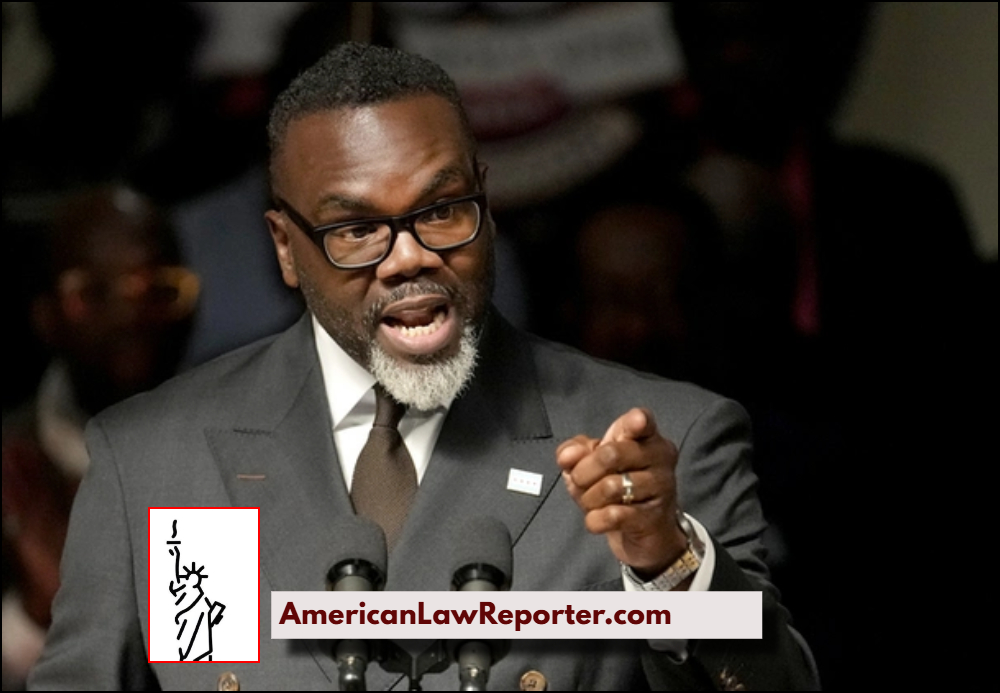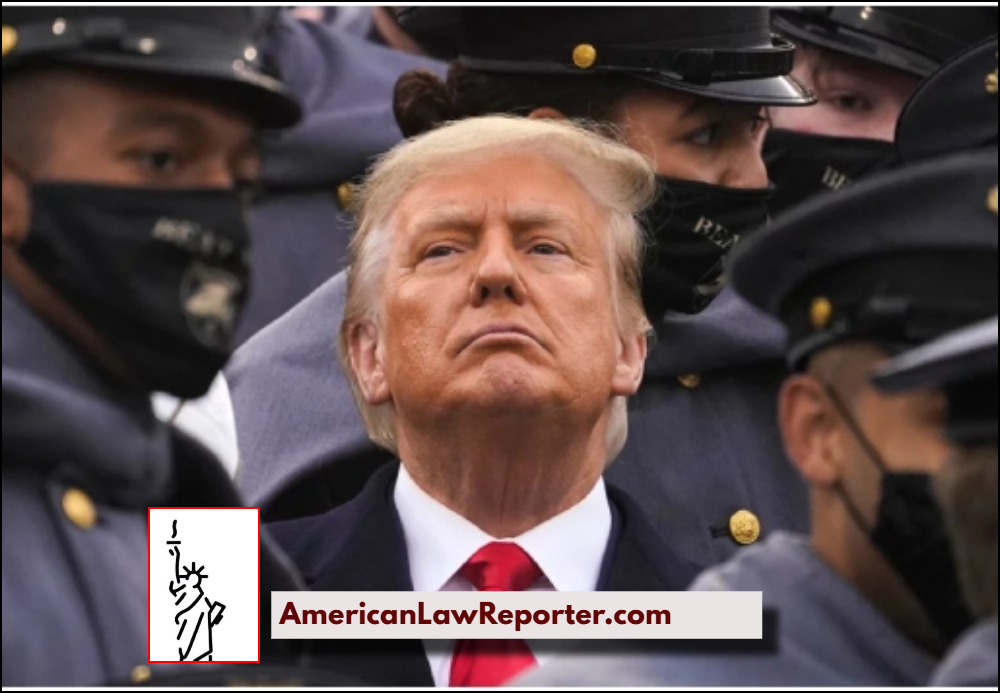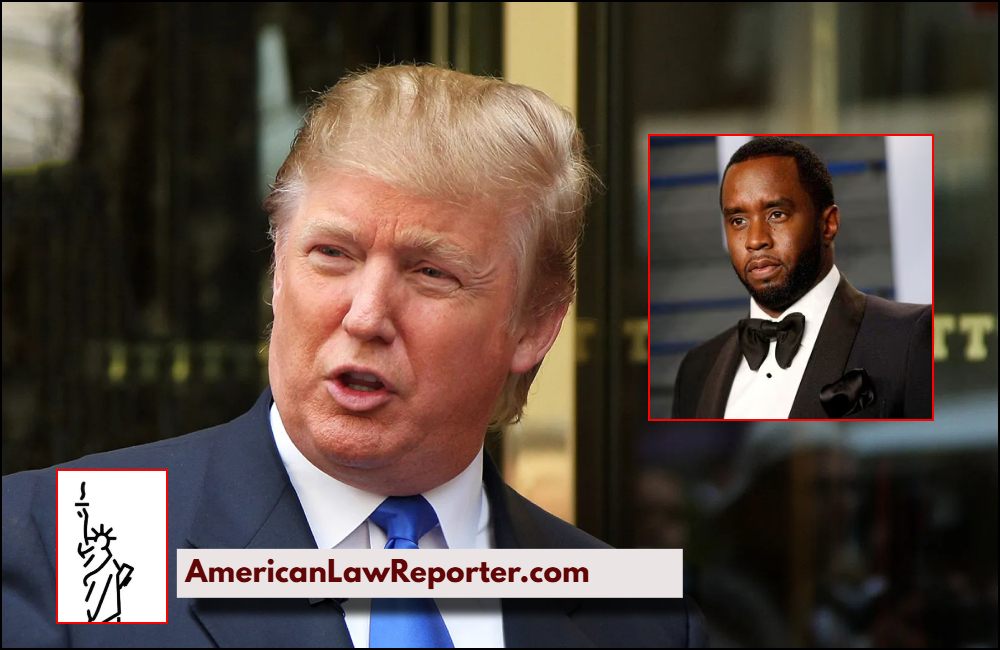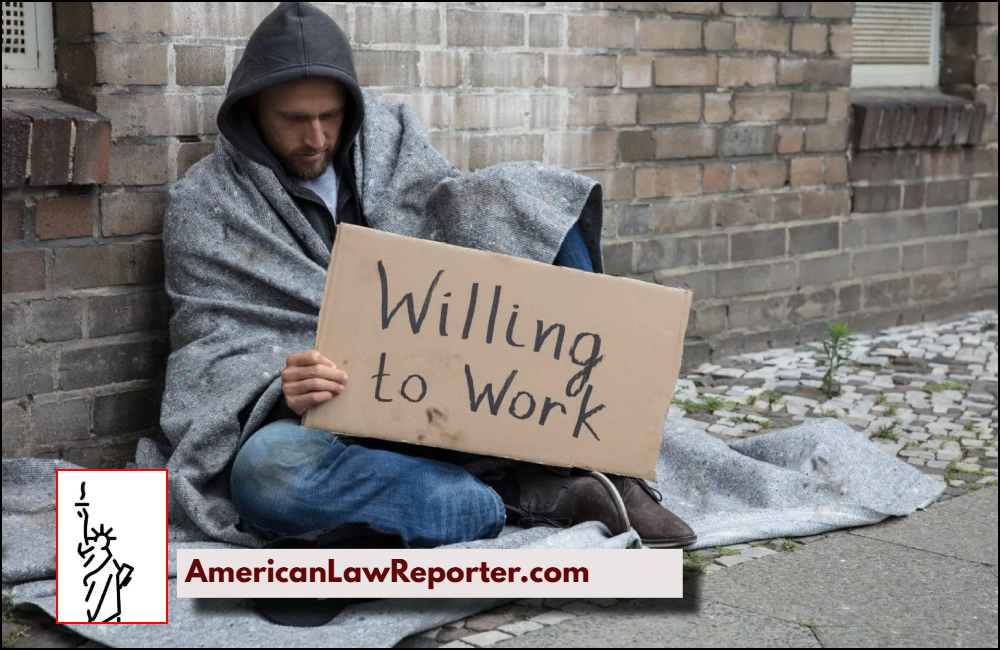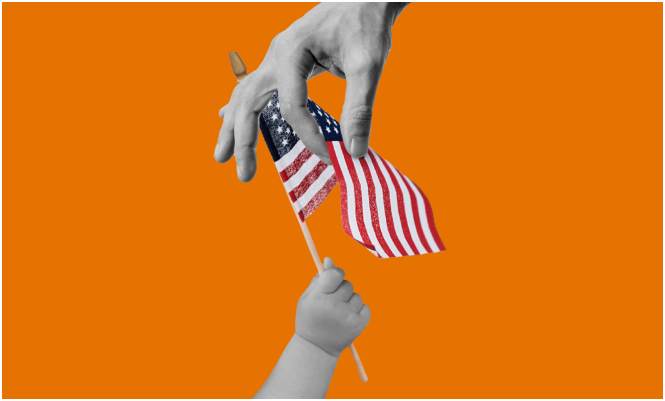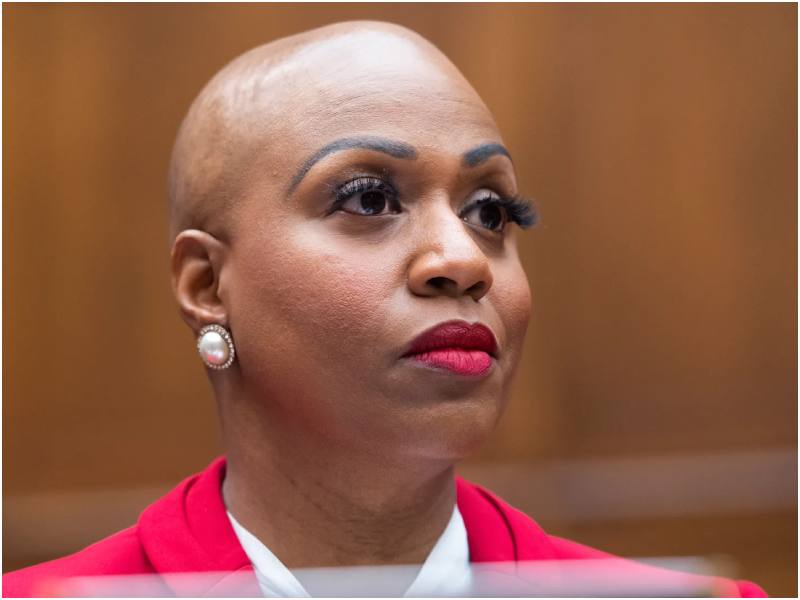Constitutional law
-
A federal judge has issued a decisive ruling preventing the Trump administration from cutting off federal funding to dozens of U.S. cities and counties with so-called “sanctuary” policies, a decision that underscores the limits of executive authority in the immigration context. The Ruling U.S. District Judge William Orrick, sitting in San Francisco, extended a preliminary…
-
President Donald Trump on Monday, August 25, signed an executive order that bans the burning of the American flag, setting up what legal scholars expect will be an immediate and contentious constitutional battle. The order directs the U.S. Department of Justice to investigate and prosecute instances of flag burning, imposing a mandatory one-year jail sentence…
-
In a fiery press conference on Monday, August 12, 2025, Chicago Mayor Brandon Johnson sharply criticized President Donald Trump following the president’s remarks threatening to deploy the National Guard to Chicago. The clash comes days after Trump authorized the Guard’s deployment to Washington, D.C., and labeled both Johnson and Illinois Governor JB Pritzker “incompetent.” Mayor…
-
President Donald Trump’s decision to invoke emergency powers to assume temporary control of the Metropolitan Police Department (MPD) has drawn strong objections from Washington, D.C., Mayor Muriel Bowser, who argues the move is both legally questionable and a blow to the city’s limited home-rule autonomy. The order, issued under Section 740 of the District of…
-
As tensions between the Executive and other branches of government heighten under the Trump administration, a growing number of federal judges are delivering forceful rebukes to what they see as the overreach of the president’s authority. Through dissents, majority opinions, and pointed judicial remarks, members of the bench are reaffirming the constitutional principles of due…
-
President Donald J. Trump is now seriously considering a full presidential pardon for music mogul Sean “Diddy” Combs, less than three months before Combs is scheduled to be sentenced for a federal conviction in New York. The possibility of executive clemency has triggered renewed scrutiny of presidential pardon powers—especially in cases involving celebrity defendants and…
-
Legal experts and civil rights advocates are raising alarms over a new executive order signed by former President Donald Trump, warning that it revives forced institutionalization practices under the guise of “public safety and compassion.” The order, titled “Ending Crime and Disorder on America’s Streets,” directs sweeping changes to how homelessness, mental illness, and substance…
-
In a major rebuke of a controversial immigration policy, the U.S. Court of Appeals for the Ninth Circuit ruled this week that former President Donald Trump’s executive order to end birthright citizenship for certain children born in the United States is unconstitutional. In a 2–1 decision issued on July 23, 2025, a three-judge panel held…
-
In response to a growing wave of legal and political efforts aimed at dismantling diversity, equity, and inclusion (DEI) programs across the United States, Congresswoman Ayanna Pressley (D-MA) has introduced the Equity in Government Act, legislation intended to restore and expand federal DEI policies significantly curtailed under President Donald Trump’s administration. The bill arrives as…

